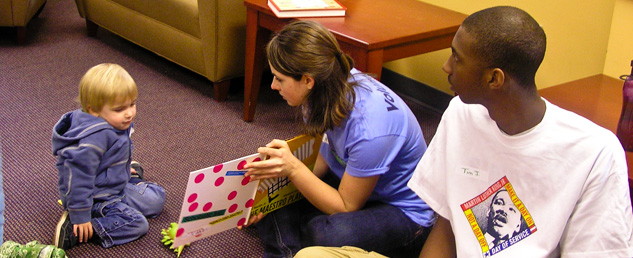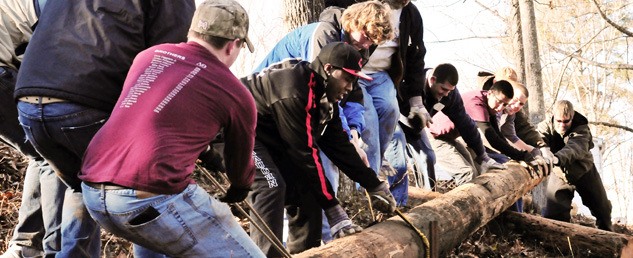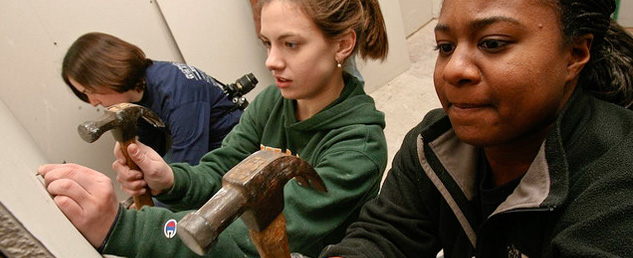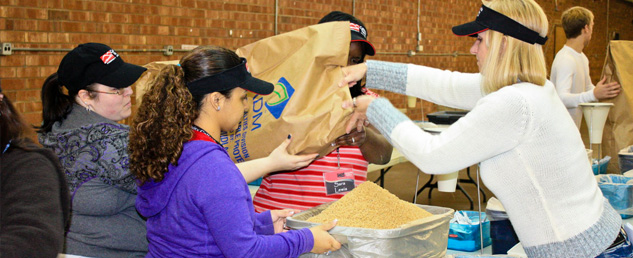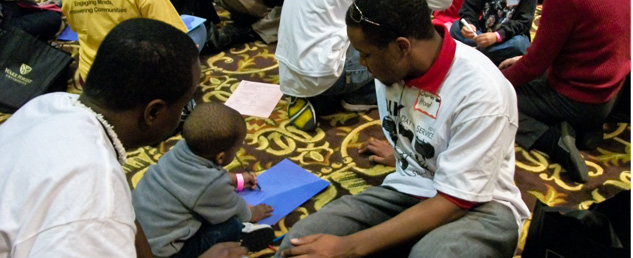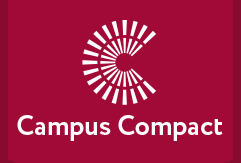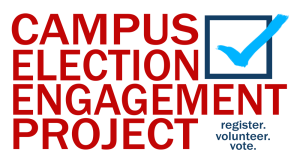Check out these upcoming webinars and events for campuses looking to support student democratic engagement:
Events!
Constitution Day
September 17
Officially “Constitution Day and Citizenship Day,” Constitution Day is a federal holiday that commemorates the signing of the Constitution of the United States on September 17, 1787. A 2005 law requires each educational institution that receives federal funds to hold a educational program on the U.S. Constitution for students on September 17th! Because the 17th falls on a Sunday this year, schools may hold the program on the preceding Friday or Monday. Learn more.
 National Voter Registration Day
National Voter Registration Day
September 26
A national holiday celebrating our democracy, first observed in 2012. Held on the fourth Tuesday of September. Endorsed by the National Association of Secretaries of State (NASS). It is further supported by the National Association of State Election Directors (NASED). Get free stuff for your event when you sign-up as a partner.
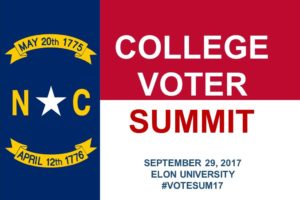 NC College Voter Summit
NC College Voter Summit
September 29 at Elon University
Register by September 18!
A one-day event for student leaders and campus administrators leading non-partisan student voter and civic engagement efforts at NC colleges and universities. Featured speaker is Dr. Nancy Thomas of the Institute for Democracy and Higher Education. Breakout sessions led by the NC Board of Elections, Campus Vote Project, and more. Free but space is limited. Learn more.
National Conference on Citizenship
October 19-20 in Washington, D.C.
Register before Sept. 1 for early bird rates.
With the goal of strengthening civic life in America, this working convening will focus on civic life, civic health, and civic renewal through the lens of equity, diversity, and inclusion. A limited number of scholarships for students are available!
Engaged Campus Institute
November 3-4 in Washington, D.C.
Apply by September 15!
AASCU’s American Democracy Project (ADP) and the NASPA Lead Initiative organized this two-day institute to give teams from colleges and universities interested in strategic planning of their civic learning and democratic engagement efforts the opportunity to come together.
Webinars!
Understanding and Using your NSLVE Data
Wednesday, August 23 | 2:00 PM EST | 60 minutes
The National Study of Learning, Voting, and Engagement (NSLVE) is the first and only nonpartisan study of individual and institution-level data on college student voting. More than 1,000 campuses are participating and will receive their data this summer from the 2016 presidential election. Reports will also include comparison data from the 2012 presidential election.
Hold a Successful Voter Registration Event
Thursday, August 24 | 2:00 PM EST
How to hold a successful voter registration drive on National Voter Registration Day 2017. We’ll be joined by staff from NYC Votes (that’s the New York City Campaign Finance Board’s voter outreach program). From Nonprofit Votes.
Developing a Democratic Engagement Action Plan
Monday, September 11 | 2:00 PM EST | 60 minutes
Part of the All In Challenge Webinar Series. In order to increase democratic engagement on on college and university campuses, planning needs to be intentional and activities should be documented. One promising way in which this can be accomplished is through the process of action planning.
CEEP Webinar Series: Creating a Campus Climate to Support Political Learning
Register now via this interest form.
Series of monthly webinars begins September 12.
Campuses will compile teams and participate in monthly webinars and group feedback sessions to assess their institution’s campus climate regarding its friendliness toward political learning and engagement activities. Teams will conduct an abbreviated self-assessment about what on-campus factors matter most that support engagement. Each month, campus teams will have activities that move them toward creating a plan they can begin implementing the Spring of 2018 and into the 2018-2019 school year. Free to participate.
Other Resources and Kudos!
The Scholars Strategy Network seeks to improve public policy and strengthen democracy by organizing scholars working in America’s colleges and universities, and connecting scholars and their research to policymakers, citizens associations, and the media. The network has a Research Triangle Chapter, with scholars from Duke, UNC Chapel Hill, and NC State.
NCPIRG wins grant to support student voting at 7 NC campuses
Congrats to NCPIRG, recipient of one of seven recently awarded Students Learn Students Vote coalition grants. NCPIRG will work with seven campuses in North Carolina in 2017 to engage students in local elections, to create democratic engagement action plans, build campus wide coalitions, and help with implementation of engagement efforts. Campuses include: North Carolina Central University; Durham Technical CC; North Carolina A&T State University; Guilford Technical College; Shaw University; Wake Technical CC; & North Carolina State University.

